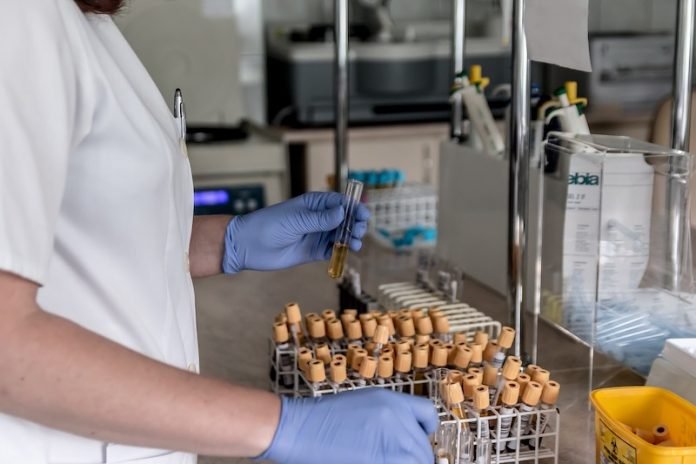
In a new study, researchers found that a protein called MYH14 activated in response to stress could help pancreatic cancer cells spread.
Compound 4-HAP, known to stiffen cells containing the protein, can help the spread of pancreatic cancer.
The results suggest that treating the protein MYH14 with the compound 4-HAP may help improve the survival of pancreatic cancer patients, and could eventually become part of a combination strategy.
The research was conducted by a team from Johns Hopkins Medicine and elsewhere.
Much of the focus in developing new pancreatic cancer drugs involves trying to inhibit a process or protein of interest.
According to the team, there are two basic ways to stop the runaway train that is cancer metastasis.
One is to throw up a roadblock in front of it, like an inhibitor. The other is get behind the train and push it faster and shove it off the tracks, and that’s kind of what the researchers did with the compound 4-HAP.
This method could help to halt the progression of disease-like behavior, such as invasion and metastasis.
According to the most recent figures from the National Cancer Institute, there are an estimated 73,554 people living with pancreatic cancer in the United States.
Pancreatic cancer represents 3.2% of all new cancer cases in the U.S. Just 9.3% of patients survive five years or more after diagnosis.
The team is working on different versions of 4-HAP that could be tested on animals.
Early evidence from Johns Hopkins and other labs indicate that 4-HAP also may be helpful in the treatment of colorectal and breast cancers.
One author of the study is Douglas N. Robinson, Ph.D., a professor of cell biology and oncology at Johns Hopkins.
The study is published in the journal Cancer Research.
Copyright © 2019 Knowridge Science Report. All rights reserved.



